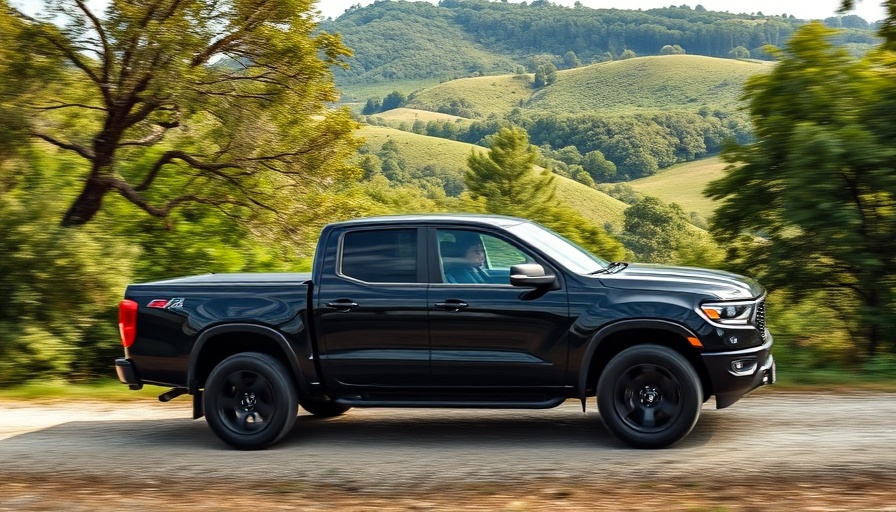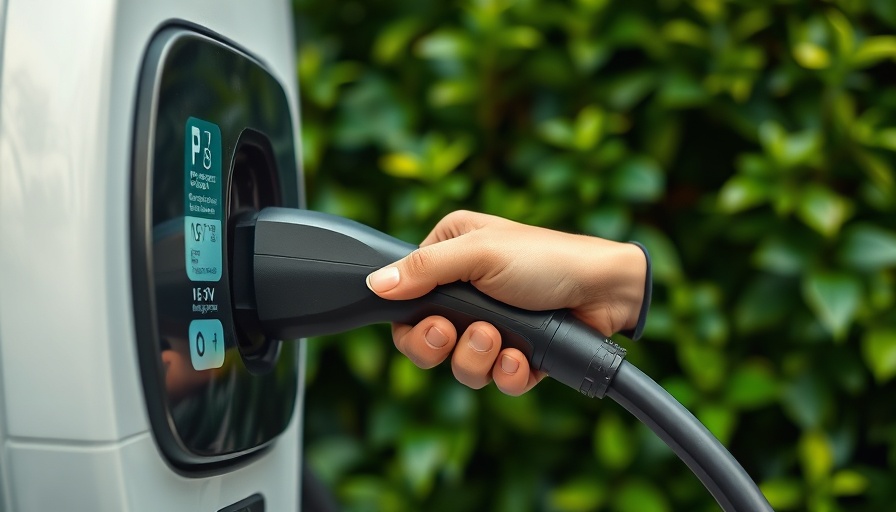
Revolutionizing Electric Vehicles: The Future of Software-Defined Vehicles
The automotive industry is on the threshold of a new era, with the integration of software-defined vehicles (SDVs) heralding significant improvements in efficiency and performance. Intel, in partnership with Karma Automotive, is set to unveil groundbreaking advancements in EV technology, promising to revolutionize how electric vehicles are designed and operated.
Intel's Vision: Simplifying the Complexities of Electric Vehicles
Currently, many electric vehicles are tethered to over 50 Electronic Control Units (ECUs). However, Intel aims to consolidate this complexity into a few key systems using its Adaptive Control Unit (ACU). This innovative architecture enables real-time adjustments to voltage levels depending on driving conditions, leading to reductions in battery energy consumption while boosting overall vehicle performance.
The Karma Kaveya: A Testbed for Innovation
Slated for production in 2026, the Karma Kaveya is being touted as a “living development prototype.” This fully electric, all-wheel-drive coupe is designed to embody the Intel software-defined architecture, offering astounding specifications, such as 0-60 mph acceleration in under three seconds. With such ambitious goals, the Kaveya serves as a crucial platform for future Karma vehicles.
Efficiency Gains: What Does It Mean for the EV Market?
By leveraging Intel's SDV technology, manufacturers expect to see efficiency gains of 3-5%. This advancement does not merely promise improved range; it also opens avenues for faster charging capabilities and reduced manufacturing weight. As the push for eco-friendliness becomes more critical, these improvements could significantly impact the attractiveness of EVs to potential buyers.
A Response to the Evolving Landscape of Electric Mobility
The surge in electric mobility presents both opportunities and challenges for dealerships and franchise owners. As demand for electric vehicles rises, understanding the technological advancements involved becomes crucial for effectively marketing these innovations. Notably, successful integration of SDV technology could empower dealerships to provide superior services, engage more deeply with consumers, and elicit greater customer satisfaction.
The Road Ahead: Navigating Innovations in the Automotive Industry
As we look forward to the arrival of the Karma Kaveya, it is essential for industry stakeholders to engage with these technological trends actively. By adapting their business models and stock offerings in response to advances like Intel's SDV architecture, dealerships and distributors can better position themselves for the future of transportation.
Understanding the Potential Impact on Local Markets
The launch of vehicles like the Karma Kaveya could reshape local markets, potentially enhancing the profile of dealerships that enthusiastically embrace these cutting-edge technologies. As EV adoption rates climb, areas with responsive auto dealer networks will likely see growth and engagement, flourishing within this new paradigm of mobility.
 Add Row
Add Row  Add
Add 




Write A Comment